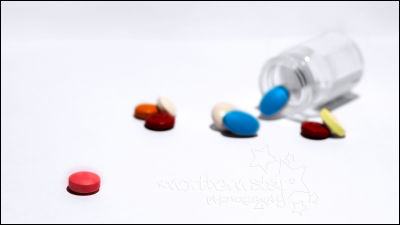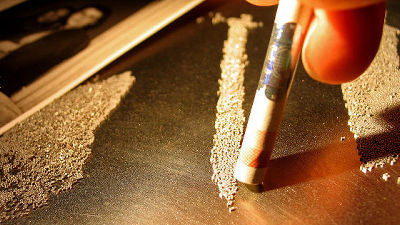People who use 'drag to boost the brain' are increasing worldwide

by Camila Urrea
Some people may have thought that "Easy to make your head smarter" when you face a difficult task before a difficult test or at work. In recent years, it is reported that the number of people "using drugs to raise memory and concentration" is increasing worldwide.
Use of "Smart Drugs" on the Rise - Scientific American
https://www.scientificamerican.com/article/use-of-ldquo-smart-drugs-rdquo-on-the-rise/
Drugs that improve the ability to study and work, such as memory and concentration, are called "smart drugs". Drugs used for ADHD medication and treatment for concentration can also be counted in smart drugs, but the proportion of people using smart drugs for non-medical purposes is increasing worldwide understood.
Anonymous Online Questionnaire on Drugs " Global Drug Survey " investigates tens of thousands of people living all over the world every year. In the survey in 2017, about 30,000 respondents answered, but in 15 countries in North America and Europe where the questionnaire was carried out, the number of people who answered smart drug "to use the brain to boost" increased It became clear.
Especially in the United States, the smart drug use rate was the highest among the surveyed countries. In response to the questionnaire "Do you use smart drugs for purposes other than medical purposes in the past 12 months?" In 2015, 20% of respondents answered "Yes" in total, but in 2017 The percentage of people who answered "Yes" increased to 30%.
On the other hand, the increase in utilization was remarkable in Europe. In France, the proportion of people who used smart drugs for non-medical purposes in the 2015 survey was 3%, but in 2017 it increased to 16%. In Britain it increased from 5% in 2015 to 23% in 2017.

by Marco Verch
Barbara Sakhakian , a neuroscientist at the University of Cambridge noted that healthy people are using smart drugs as "part of their lifestyle" and that ethical barriers have collapsed. Larissa Maier , a psychologist at the University of California , believes that the use of smart drugs is related to cultural factors and the frequency of medication treatment for ADHD diagnosis and ADHD.
In the United States, where ADHD diagnosis is frequent and treatment with medication is also frequent, 22% of the respondents in the questionnaire answered that they had taken an ADHD remedy containing amphetamine . Under Japanese law, amphetamine is designated as a stimulant, and it has not been approved by the EU. However, in countries such as the United States, Canada and Australia, amphetamine is used for treatment of ADHD and narcolepsy . In these countries where the diagnostic rate of ADHD is high and prescription of amphetamine is frequently carried out, there are cases in which amphetamine obtained from a doctor flows across to friends etc.
Those who answered "You have used smart drugs in the past 12 months" in the questionnaire are 48% for "smart drugs", "friends" for 10%, "specialty dealers, Internet" for 6% Only 4% answered "family" and "I was prescribed for myself".

by Michael Coghlan
Mr. Maier said about the results of this questionnaire, "People who answer drug questionnaires are more likely to be more interested in drugs than general people," and the results are biased We may point out that it may be. However, even in the survey targeting the general public, people who made non-medical use of smart drugs are confirmed at a similar rate, "The smart drug use rate for boosting the brain increases It is almost certain that what you are doing, "he said.
Related Posts:
in Science, Posted by log1h_ik







